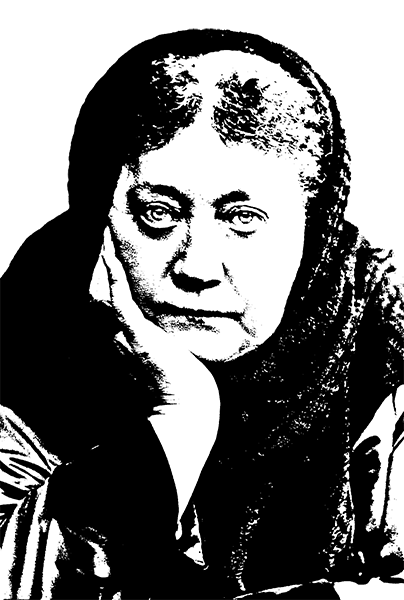The core teachings of
Theosophy, as expounded by Blavatsky, include:
• Reincarnation and Karma: The belief in the soul's continuous cycle of rebirth and the law of cause and effect, where one's actions have consequences in future lifetimes.
• Hierarchy of Beings: The existence of spiritual hierarchies, including
ascended masters, angels, and other evolved entities, who guide human evolution.
• Divine Unity: The concept of a universal, formless divine source from which everything emanates, and the idea that all life is interconnected.
•
Occult Sciences: The study of
metaphysics,
alchemy,
astrology, and other esoteric disciplines as paths to spiritual enlightenment.


